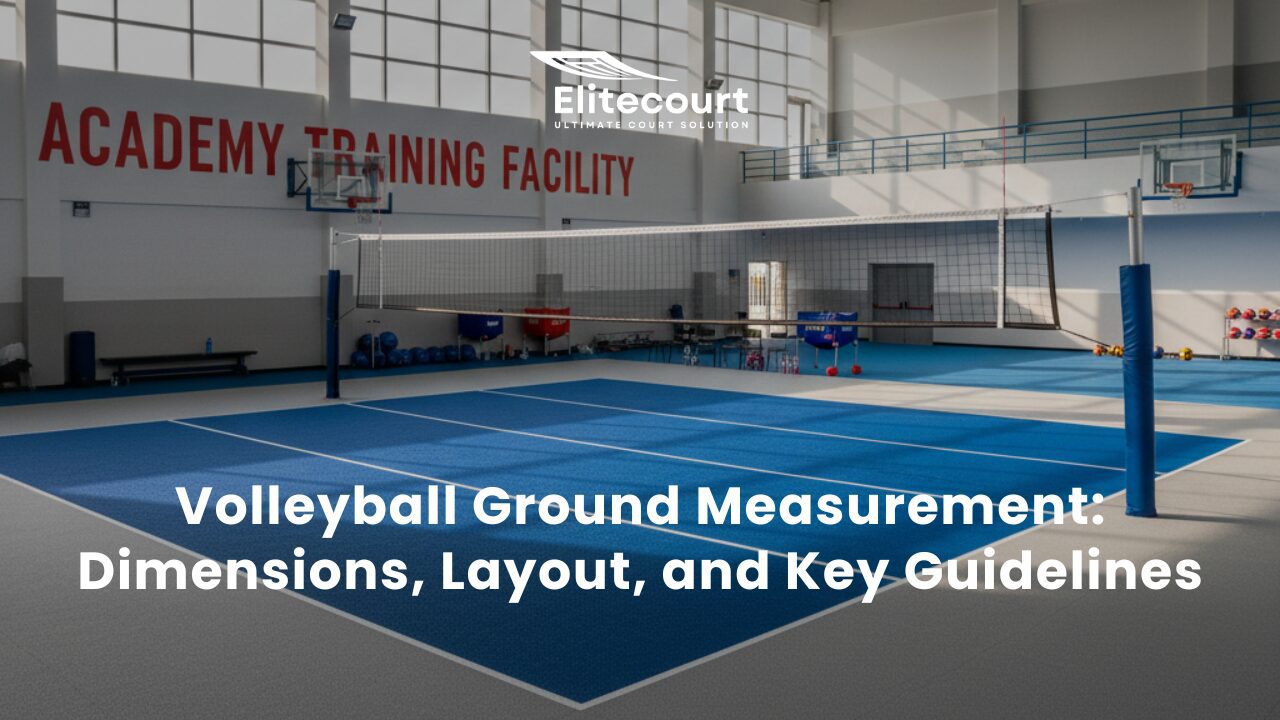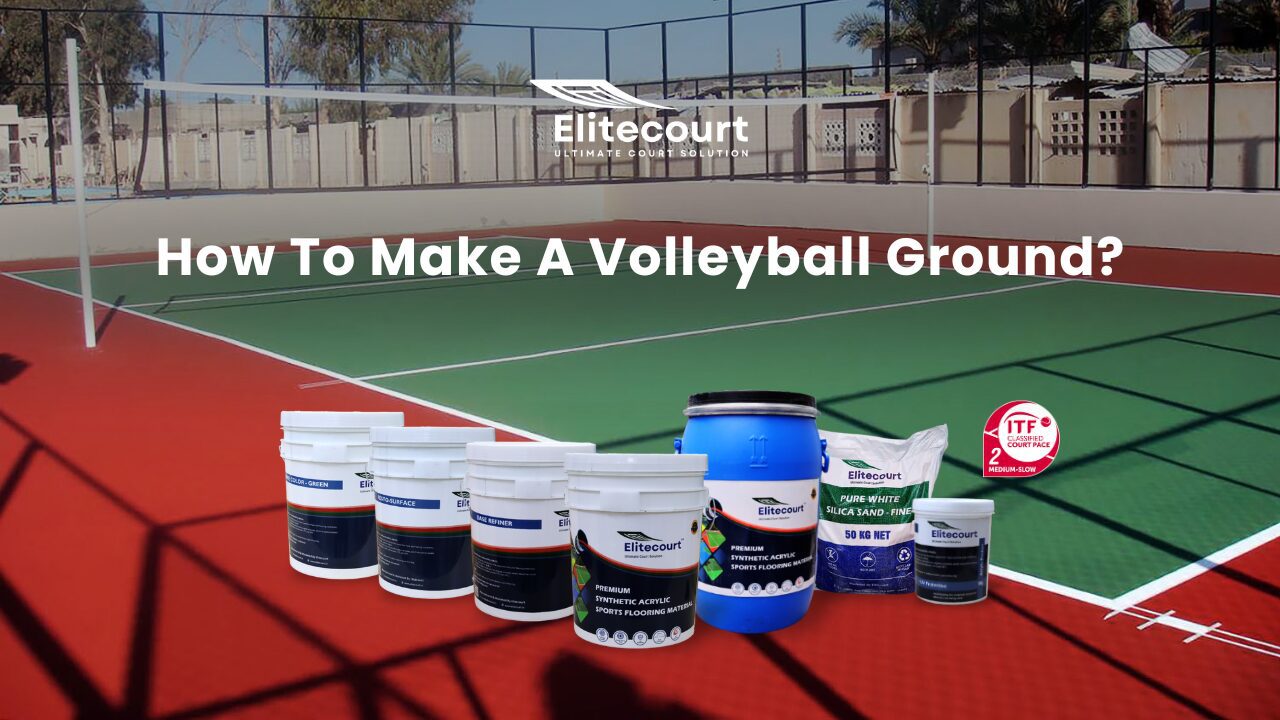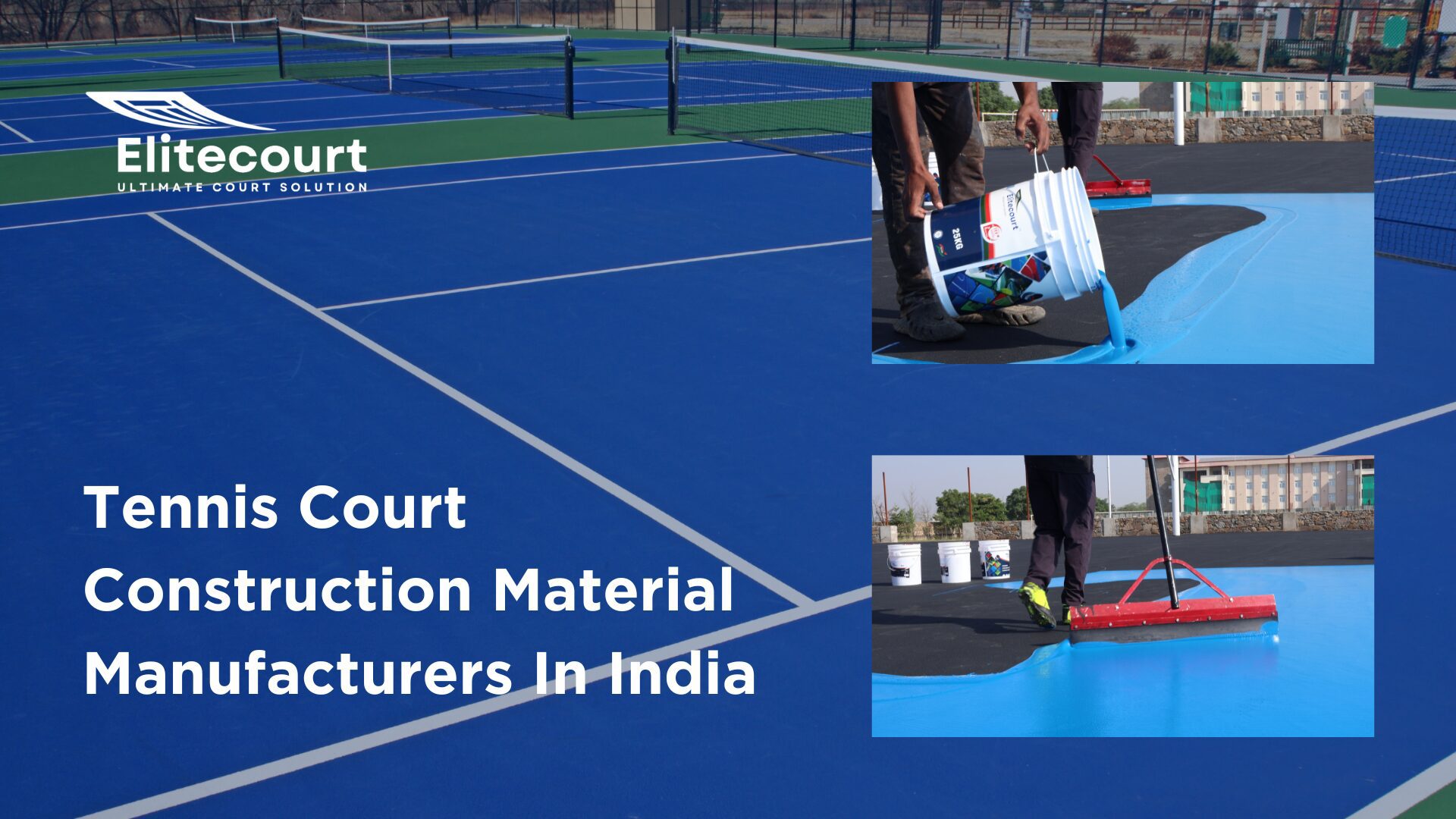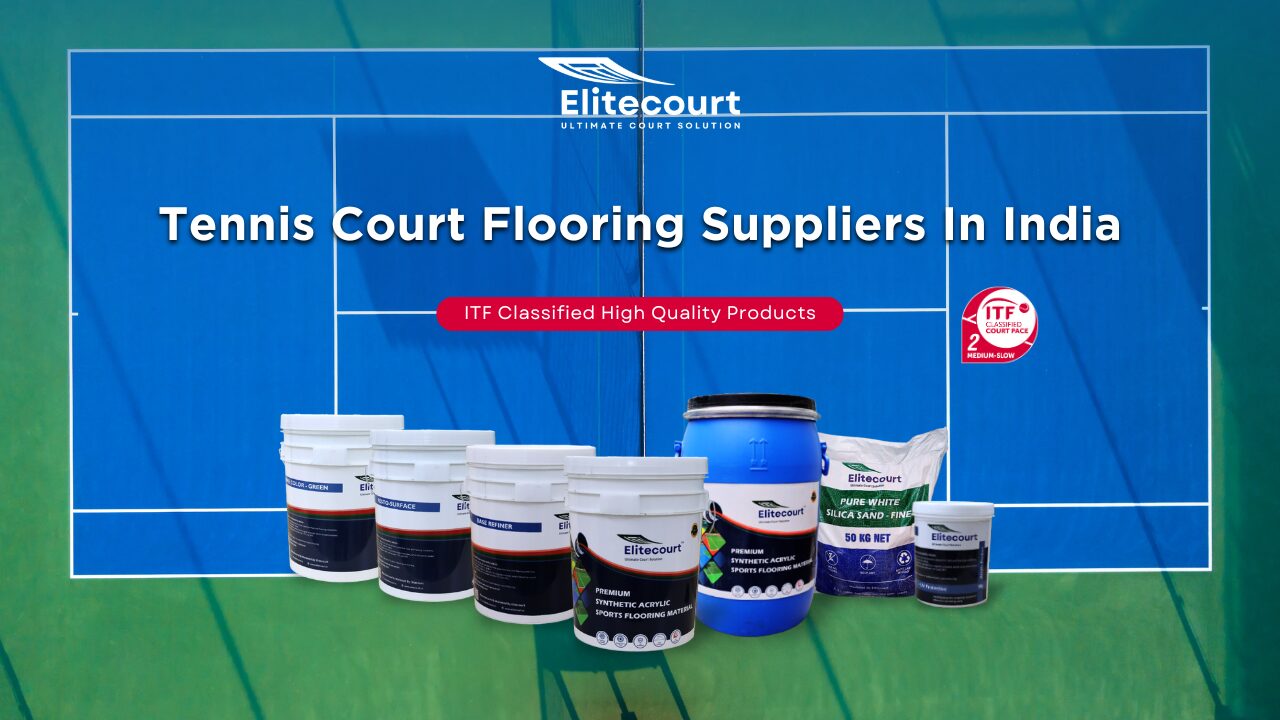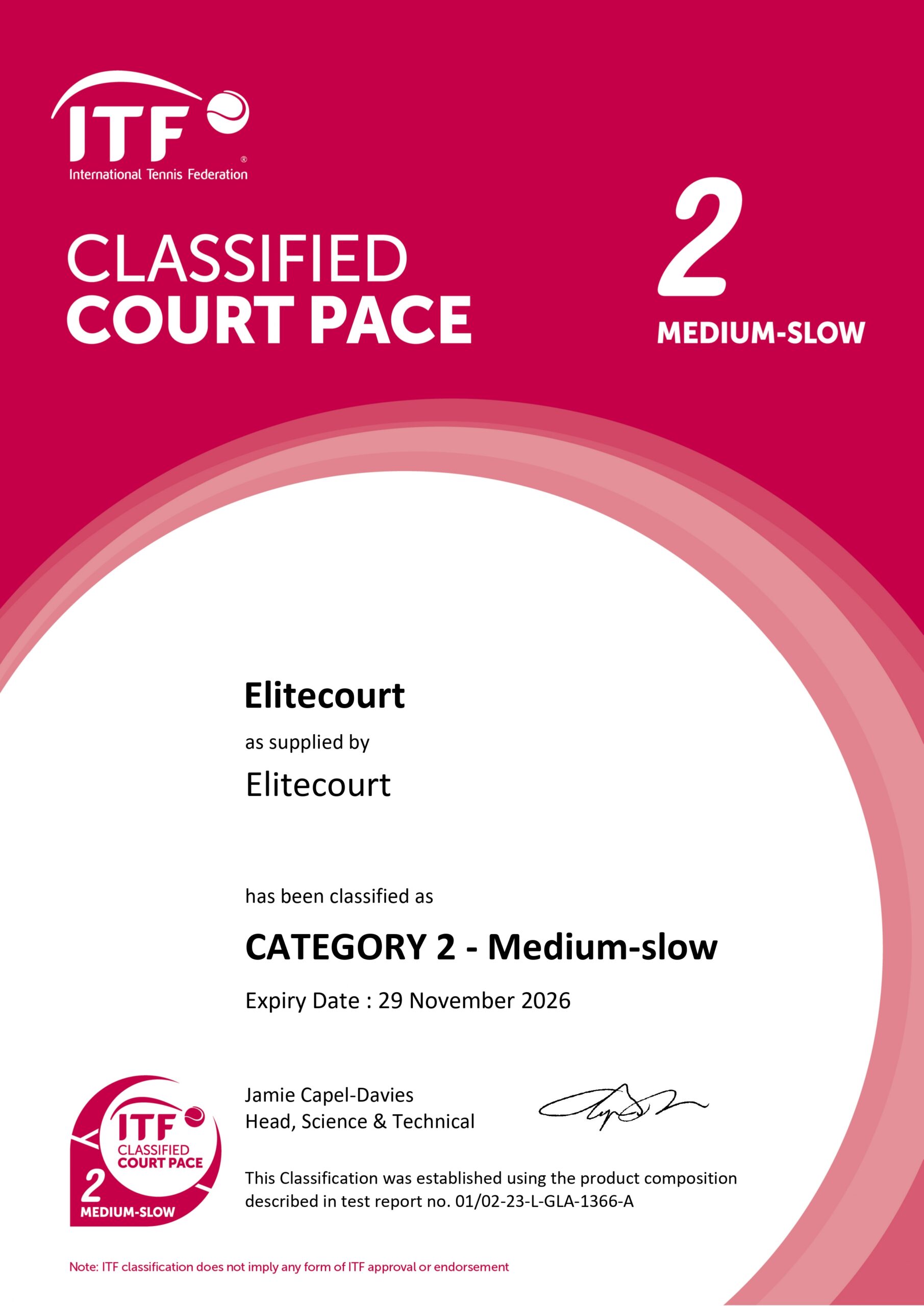Comparing Asphalt and Bitumen Bases for Sports Flooring: Which is Right for Your Court?
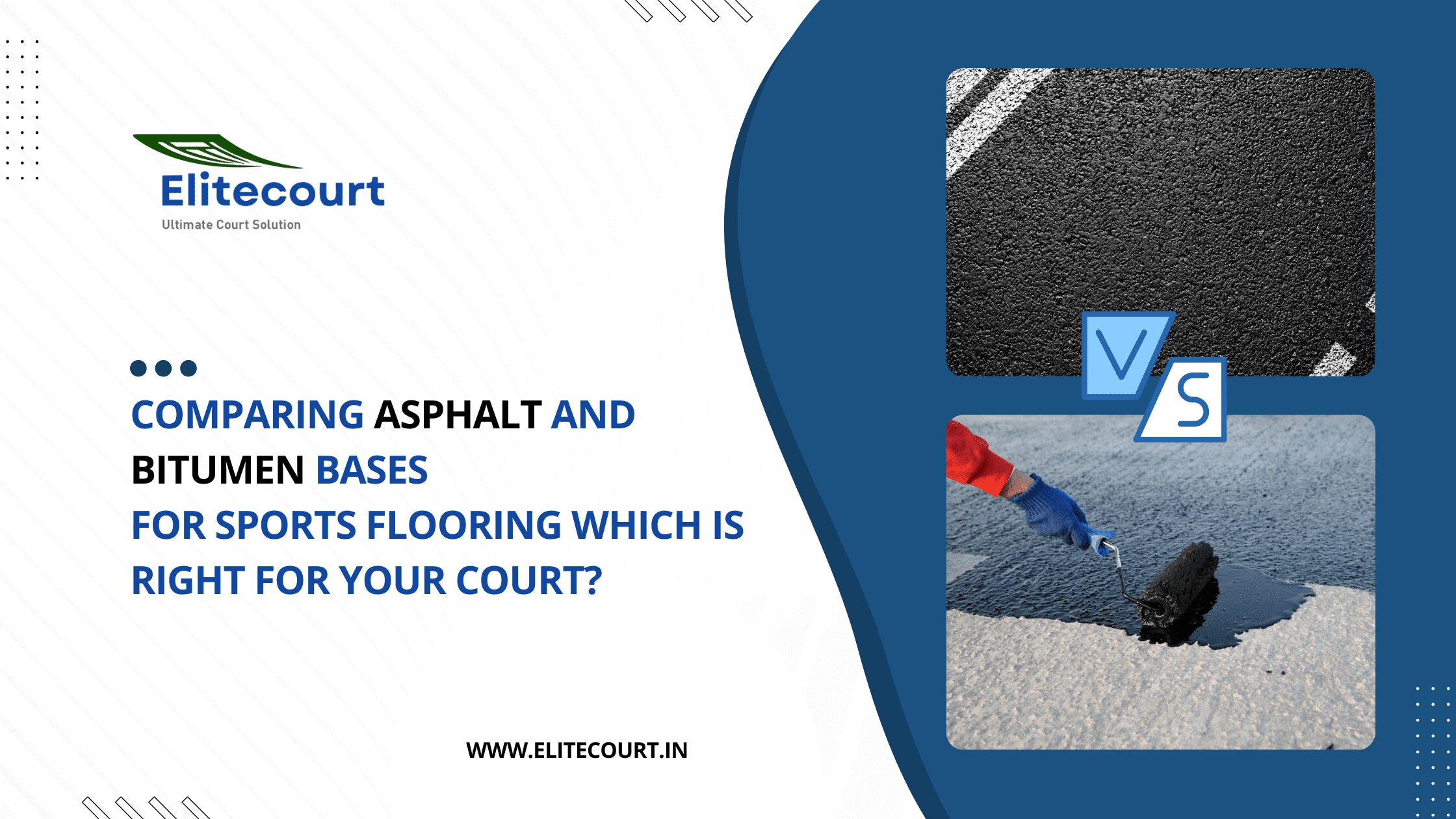
Table of Contents
When planning to build a sports court, choosing the right base is a crucial step that can affect the durability, performance, and maintenance of your flooring. Two common base options are asphalt and bitumen. Both materials have distinct characteristics, and selecting the right one depends on various factors such as the type of court, budget, and local climate.
Asphalt Base
- Durability: Asphalt is known for its strong, long-lasting nature, making it ideal for outdoor courts. It can handle heavy use and different weather conditions.
- Installation Time: Asphalt is relatively quick to install, a good option if you’re working on a tight schedule. But it does need proper time to cure before the top layer can be added.
- Cost: Asphalt is usually more budget-friendly, especially for large projects.
- Flexibility: Asphalt is slightly flexible, which can help absorb small impacts and prevent cracks.
- Maintenance: It requires regular upkeep, especially in extreme weather, as it can develop cracks over time.
Bitumen Base
- Enhanced Performance: Bitumen is a more refined material that offers better performance, especially when it comes to adhesion with the top layer of sports flooring
- Water Resistance: Bitumen is highly resistant to water, which helps extend the life of the court by preventing water damage.
- Elasticity: Bitumen has more flexibility than asphalt, making it better at handling ground movement without cracking.
- Thermal Stability: It holds up well in extreme temperatures, reducing the risk of damage over time.
- Cost Consideration: Bitumen tends to be more expensive, but its long-term benefits can outweigh the initial costs, particularly for high-performance courts.
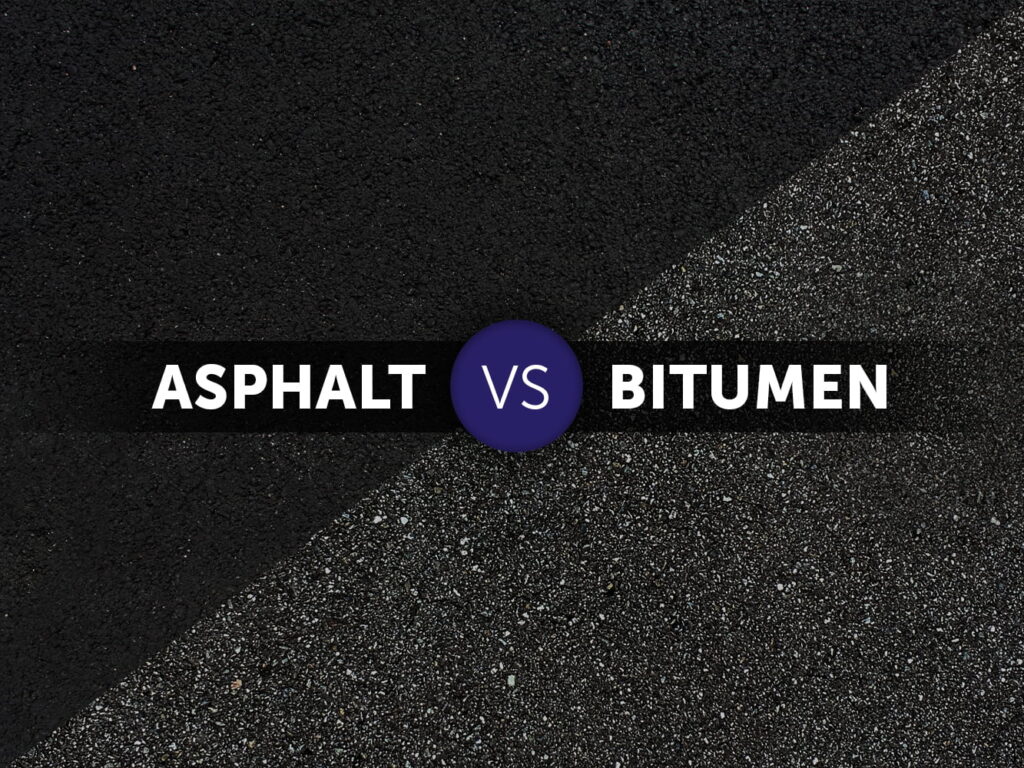
Which is Right for Your Court?
- Outdoor vs. Indoor: For outdoor courts, bitumen is often preferred due to its superior water resistance and temperature stability. For indoor courts, asphalt may be a suitable and cost-effective option.
- Budget: If keeping costs low is a priority, asphalt is a viable choice. But for those focused on long-term durability and performance, bitumen might be worth the investment.
- Climate Considerations: In regions with harsh weather, bitumen’s resistance to temperature changes and moisture makes it a better option. Asphalt may need more maintenance in such environments.
- Maintenance Needs: If low maintenance is important to you, bitumen could be the better choice due to its durability and resistance to cracking. Asphalt, while durable, may require more frequent repairs.
Frequently Asked Questions (FAQs)
1. Can I use asphalt for both indoor and outdoor courts?
Yes, but outdoor courts may require more maintenance, especially in areas with extreme weather.
2. Why is bitumen better for outdoor courts?
Bitumen provides better water resistance and handles temperature changes better, making it ideal for outdoor use.
3. Is bitumen worth the higher cost?
Yes, if you’re looking for long-term durability and lower maintenance, bitumen can be a cost-effective choice in the long run.
4. How long do these materials need to cure?
Asphalt usually takes 7 to 14 days to cure, while bitumen might take a bit longer. Proper curing is essential to avoid future problems.
5. Which base is more eco-friendly?
Both materials have environmental impacts, but recycled asphalt is becoming more common, making it a more sustainable option.
6. Can I change the base material later?
Yes, but switching bases later can be costly and complex. It’s better to choose the right base from the start.
7. Do these bases work with all types of sports flooring?
Yes, both asphalt and bitumen work well with various flooring types like acrylic and synthetic surfaces. However, the base you choose can affect the performance and durability of the top layer.
By understanding the differences between asphalt and bitumen, and considering your specific needs, you can choose the best base for your sports court, ensuring it remains in top condition for years to come.

